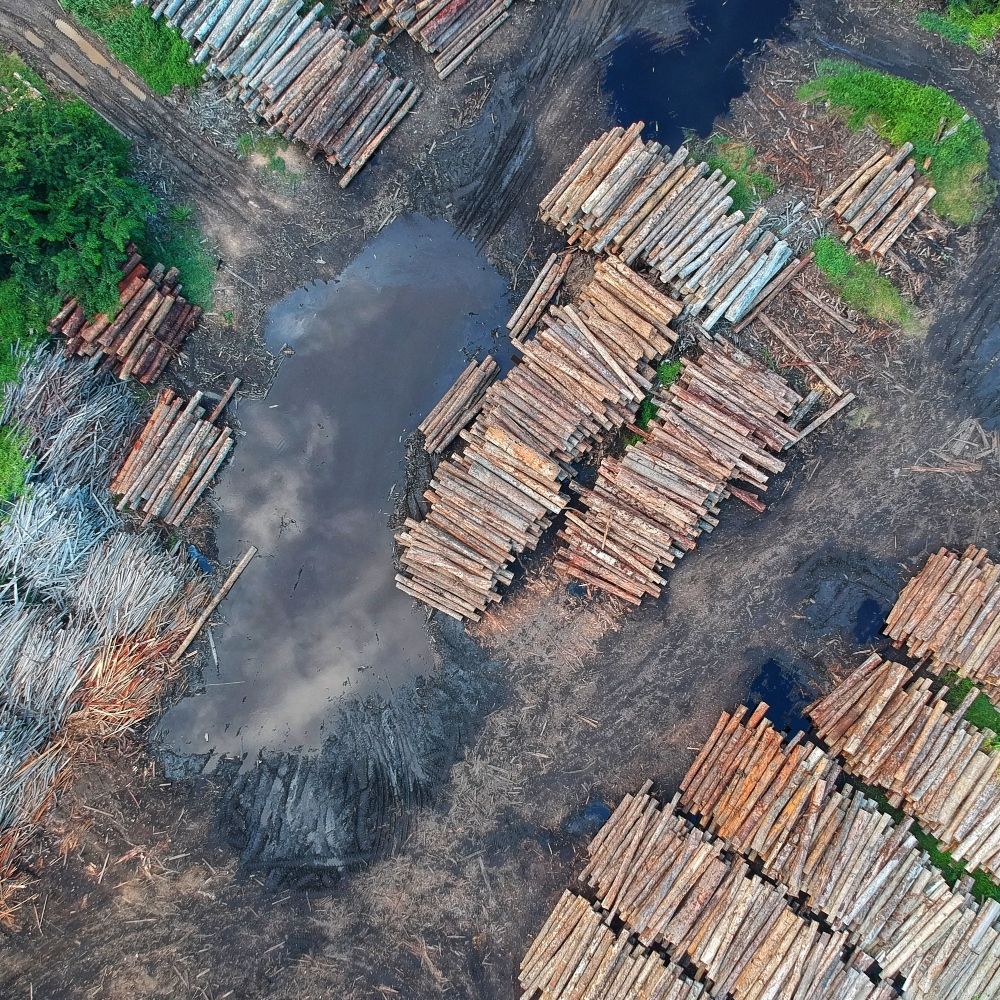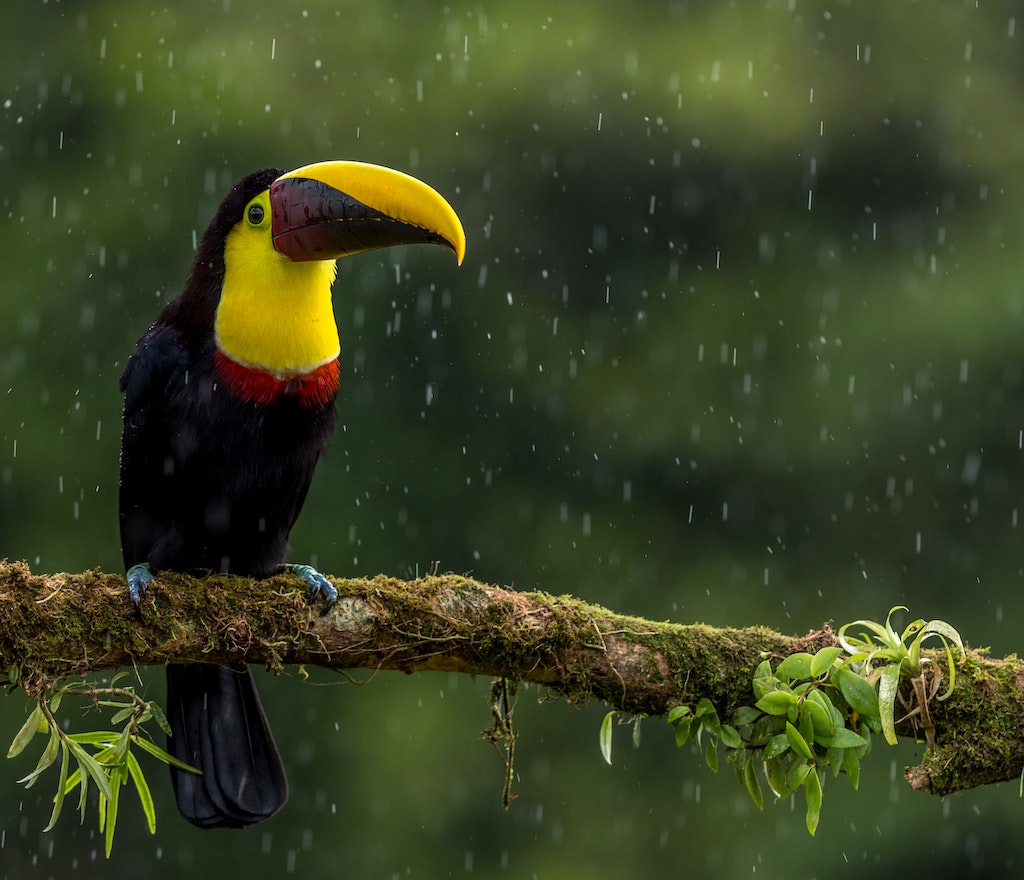4 Mins Read
Earlier this month, the European Union announced a new law that will prevent the sale of products including beef, soy, and coffee linked to deforestation.
Under the new law, companies selling commodity items from regions where deforestation is rampant will be required to produce due diligence statements about their supply chains. Failure to comply will bring significant fines.
“I hope that this innovative regulation will give impetus to the protection of forests around the globe and inspire other countries,” said the European Parliament’s lead negotiator, Christophe Hansen.
Forest commodities
Commodities listed in the new law include soy, beef, palm oil, wood, cocoa, coffee, charcoal, and rubber, as well as some leather and furniture. Countries named in the law include Brazil, Indonesia, and Colombia where tropical rainforests are being destroyed at alarming rates. Since 1998, approximately 10,000 acres of rainforest cover is destroyed every day. Last year, more than 4.8 million acres of the Amazon rainforest were lost.
“The E.U. is a large consumer and trader of commodities that play a substantial part in deforestation — like beef, cocoa, soy and timber,” said Marian Jurečka, the environment minister of the Czech Republic, which negotiated on behalf of the 27 EU member countries.

The EU is behind China as the second biggest international trader linked to tropical deforestation — the bloc is responsible for about 16 percent.
“Protecting the environment around the world, including forests and rainforests, is a common goal for all countries and the EU is ready to take its responsibility,” Jurečka said.
Deforestation has multiple negative implications from biodiversity loss to climate change; globally, deforestation is responsible for about ten percent of all greenhouse gas emissions.
The Intergovernmental Panel on Climate Change (IPCC) estimates that 23 percent of total anthropogenic greenhouse gas emissions come from agriculture, forestry, and other land uses. About 11 percent of overall emissions are from forestry and other land use, which the IPCC says is mostly linked to deforestation, while the remaining 12 percent are direct emissions from agricultural production, such as livestock and fertilizers.
According to the E.U., the new rules will not only reduce greenhouse gas emissions and biodiversity loss, but also help to secure the livelihoods of millions of people, including Indigenous peoples and local communities who rely heavily on forest ecosystems.
Under the new law, companies will need to show where items were produced, including verifiable information that shows the commodities were not produced on deforested land after 2020. The fines for violating the law are steep — as much as four percent of turnover in an E.U. member state.
Criticisms
But the countries affected say the proof of due diligence will be costly, burdensome, and difficult to monitor.
Some have criticized the E.U.’s definition of forest degradation and not being wide enough to include the conversion of primary forests to plantations.
NGOs including WWF and Greenpeace say the definition doesn’t address degradation within existing forests due to timber harvesting, which would mean the law allows for clear-cutting if the land isn’t converted to another use. The groups also say the law doesn’t protect savannas or wetlands, which are also in need of critical protection.

The law has also come under attack for not providing enough protection for Indigenous peoples affected by agricultural production. While the law does require informed content by Indigenous groups, it doesn’t acknowledge international human rights law.
Activists also say the law doesn’t provide strong protection for Indigenous peoples who are affected by agricultural production. The law only requires the right to free, prior and informed consent for Indigenous People to be respected if the producing country guarantees that right since it doesn’t acknowledge international human rights law, according to
“Protecting the rights of the Indigenous and local communities on the frontline of forest protection is an essential part of solving the deforestation problem,” Michael Rice, a lawyer at environmental law NGO ClientEarth, said in a statement. “The world’s forests cannot be preserved when their lands are grabbed and land tenure conflicts continue. This is an obvious and disappointing gap in the law.”



